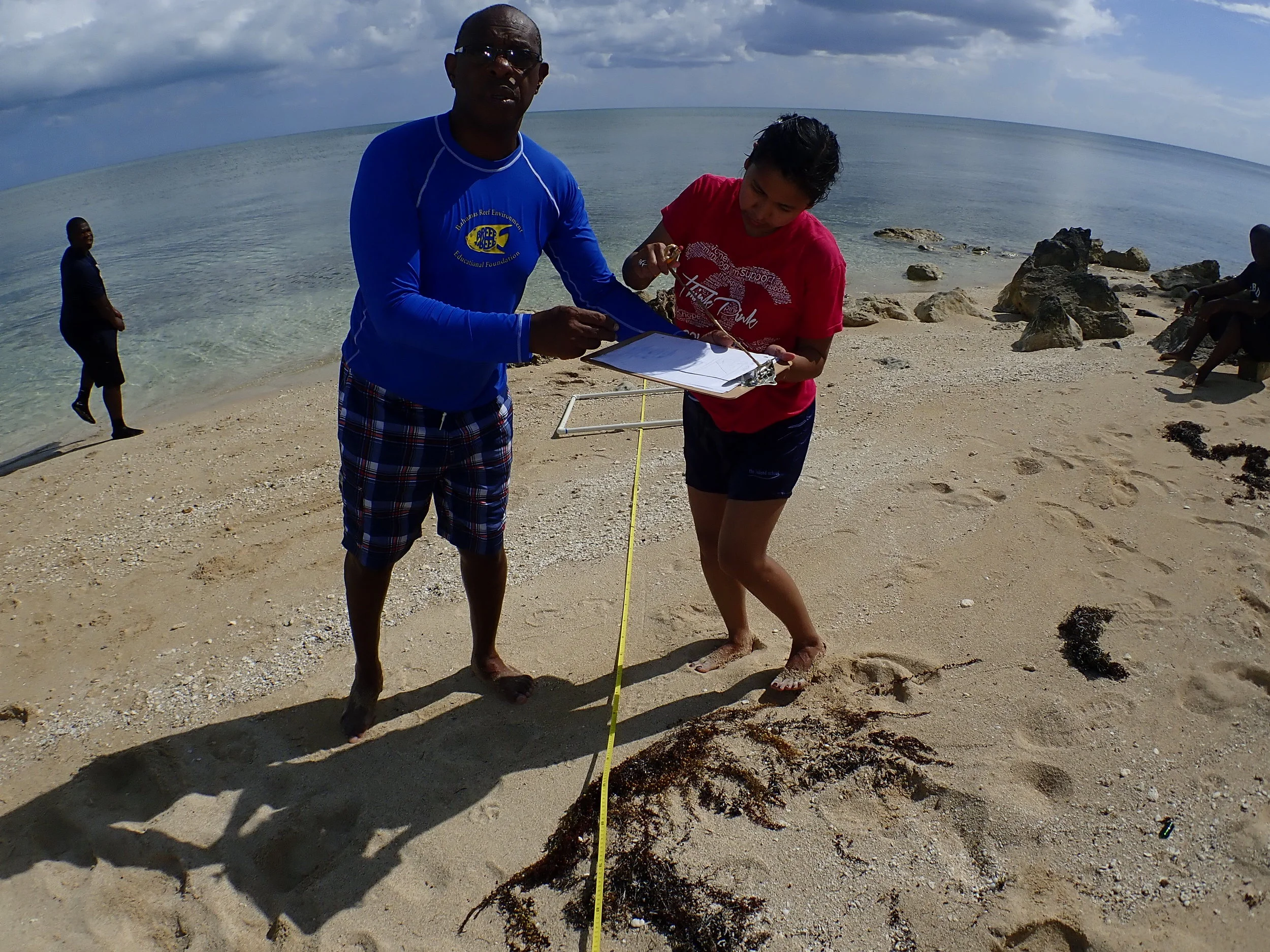Interview with FEE Senior Director of Education
PRAMOD KUMAR SHARMA
What is the high point of the programme for you? What are your hopes/dreams/visions for the programme?
The Eco-Schools programme is entering into the 25th year of engaging young people in taking positive actions that transform them for life. The impact of the programme is well recognized and appreciated by stakeholders that range from the UN organization to the communities in which a school is situated.
Over the years the programme has grown to have an outreach of about 52000 schools in 67 countries. This is a big achievement and the seven-step methodology has stood the test of time as an effective pedagogy across different contexts of educational systems, types of schools, cultural and socio-economic conditions.
The global agreement on Sustainable Development Goals provides us with an exciting opportunity to engage 19 million students being supported by 1.4 million teachers. The possibilities are immense and being part of this transformative process is exciting!
Running such a large programme has its own sets of challenges. We have the programme at different stages of evolution and maturity in different countries. I am amazed at the sense of fraternity amongst the Eco-Schools national operators that help in supporting new members to shorten the learning curve. Most of the educational resources are openly shared and are available for the schools and teachers at no cost.
What are the plans for the coming year?
We all are looking forward to the Eco-Schools 25th anniversary. It gives us an opportunity to celebrate the milestone, look back and reflect on our journey and chart our future course. I am looking forward to the FEE General Assembly being hosted this week in Latvia and National Operators meeting scheduled later in Ireland to firm up our plans.
Servicing and supporting such a large network with so much diversity is a challenge. Some of the members are using the opportunities created by ICT effectively. We are looking at how we can use the technology to communicate efficiently and effectively. We will see more use of technologies for professional development. To start with, one of the priorities is to develop an online learning platform for the National Operators.
The other key thrust would be regional cooperation amongst members. We already have two networks that have been initiated and we are excited by the possibilities it creates for having large projects to have learning and sharing for larger impacts.
We are also looking at how we can document the work, create evidence through research and engage stakeholders to generate more partnerships, generate resources and support the Agenda 2030!
I am happy to be part of the Eco-Schools Dream Team!
Interview with Eco-Schools International
INTERVIEW WITH NICOLE & SERENA
eco-schools INTERNATIONAL
Country of origin: Cyprus / Italy
Name of the organisation running Eco-Schools: Foundation for Environmental Education
City where the organisation is based: Copenhagen, Denmark
Staff in the organisation working with Eco-Schools: 2 – soon to be 3!
A high point of the programme, hopes and visions
The programme inspires and influences young people around the world to create a brighter, greener future for all. The idea that we are a movement of students, teachers, families creating a change starting from ourselves and our everyday behaviours, makes us very proud of working for Eco-Schools. We hope that the programme will not only keep growing, but that it will also find ways to establish itself deeper in both schools and communities.
What does a year look like for Eco-Schools International?
- Fundraising
- Project Management
- Programme Development activities
- Management of International Schools
- Green Flag Assessor training for International Schools
- Organising our annual National Operators’ Meeting
- Day-to-day tasks and Communication with Eco-Schools National Operators
- PR and Communications
- Global Action Days
An inspiring story by Eco-Schools International
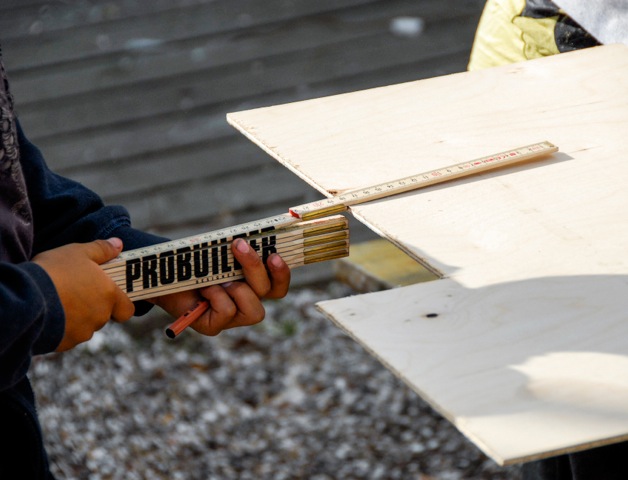

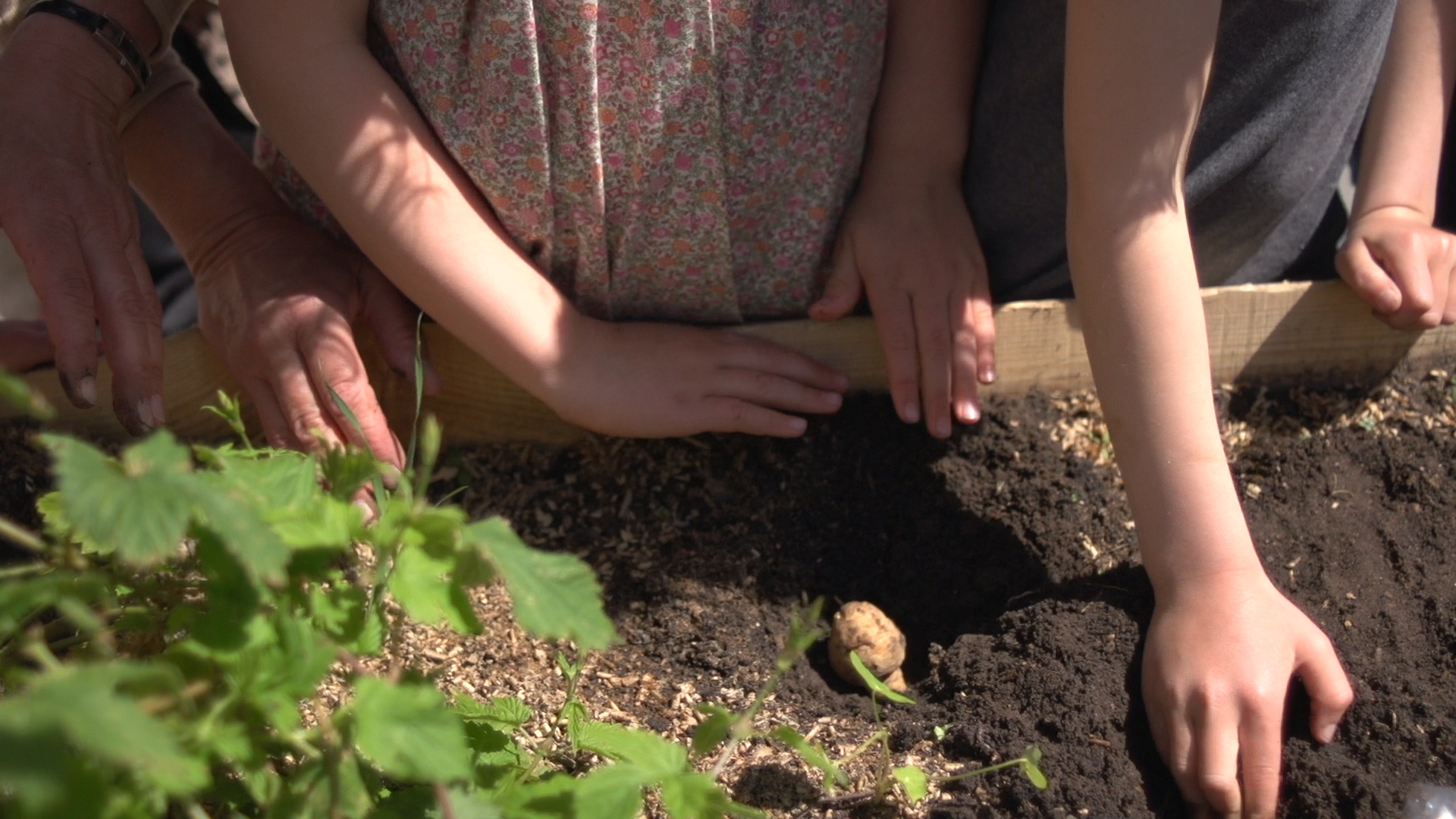
The downside of working at the FEE Head Office is that we do not often get the chance to visit Eco-Schools and experience fieldwork. We did, however, join Karen, the Eco-Schools National Operator in Denmark, for a tour at Den Grønne Friskole in Amager just a few weeks ago. There was definitely a lot of inspiration to take away with!
The Green Flag awarded school is a proud participant of the Eco-Schools programme. Every single aspect of management and administration is based on experiential learning, turning to sustainable resources and involving children in every process. We learnt that the school focuses on knowledge about the environment and sustainability, horticulture, arts and crafts, technology, project design and systems thinking, social and emotional learning, mindfulness, communication and outdoors play. What made this truly inspiring was that we saw that the children really felt ownership over their school and are developing invaluable skills, such as leadership and critical thinking, through very simple activities.
Fun Facts about each other
Serena: Nicole is a bit hypochondriac. Once she got a bee sting at the office and she thought she was going to die!!!
Nicole: Serena has a reputation at the office for being a whole anti-waste project by herself. Once she had expired yoghurt (knowingly!) and had a stomach ache for the rest of the day. Nothing can stop her!
National Operator Interview: Kevin Glinton
INTERVIEW WITH KEVIN GLINTON
Bahamas Reef Environmental Educational Foundation (BREEF)
Country: Bahamas
Staff in the organisation/working with Eco-Schools: Seven/Two
What do you prefer?
- Dogs or cats? Dogs
- Sea or mountains? Sea
- Chocolate or chips? Chocolate
- Film or book? Book
- City or countryside? Countryside
- Favourite word or phrase: “Keeping the cortisol levels down.”
- If you could sing one song on a music competition show on television, what would it be? Ave Maria
- What is the funniest thing that has happened to you recently? Laughed at myself recently after my son pointed out that I too can sometimes be considered an uncourteous driver.
A high point of the programme, hopes and visions
The opportunity to interact and work with environmentally conscious students, committed educators and Eco-Schools volunteers. I hope to use my skills and experience to promote and encourage schools through the Eco-Schools process.
Activities of Eco-Schools in Bahamas
· Annual Eco-Schools Coordinators Workshops;
· Climate change action days - the challenge is to raise awareness about the impacts of climate change on our islands and host one or more activities to reduce the carbon footprint of the participating school;
· Meme/video competition that discusses the ways Ocean Pollution affects the environmen;
· The Native Plant Completion, where students take a photo of themselves with their favourite native plant and explain why they like it;
· Eco-Schools Summit, which brings students from all Eco-Schools together to showcase what their schools have done and learn about various environmental careers;
· Design a reusable bag competition where students submitt art work and a slogan that is placed on reusable bags distributed throughout the country.
An inspiring story by BREEF
The Deep Creek Middle School (DCMS) in Rock Sound, Bahamas was awarded the Green Flag on 18 May 2018. The school has the singular distinction of being the first school in the English-speaking Caribbean to be awarded the prestigious award in 2011 and it is now the first one to win their third green flag.
Since 2011, students of the Eco Committee and students at Deep Creek Middle School have continued to keep their campus litter free and have planted a variety of native trees throughout their surroundings in fulfilment of the Biodiversity component of their programme. Under the Eco Code “DCMS can be green if we work as a TEAM”, the Eco-Club of the school has developed, designed, produced and promoted the use of the “Lutra Bag” to replace single use plastic bags throughout the island of Eleuthera. Additionally, students continue to participate in efforts to lower the school’s energy cost and refurbish their Nature Trail which was damaged during the 2016 hurricane season.
BREEF is very proud of the commitment and environmental stewardship that has become an integral part of the Deep Creek Middle School student culture.
National Operator Interview: David Wandabi



INTERVIEW WITH DAVID WANDABI
Kenya Organization for Environmental Education
City where the organisation is based: Nairobi
Number of staff in the organisation/working with Eco-Schools: 8/3
What do you prefer?
- Dogs or cats? Dogs
- Sea or mountains? Sea
- Chocolate or chips? Chips
- Film or book? Film
- City or countryside? Countryside
- Favourite word or phrase: Hasta la vista
- If you could sing one song on a music competition show on television, what would it be? When You Believe by Whitney Houston
- What is the funniest thing that has happened to you recently?
I boarded a bus thinking I had my wallet with me only to realize halfway through the journey I had forgotten it at home. Thank God I was allowed to use mobile payment to pay.
A high point of the programme, hopes and visions
My highest point of the programme was when it helped over 3,000 children in western Kenya get clean water. Based on the testimonies of the children and parents, children used to walk over 5 kilometres to get drinking water, which affected their study time. The children are now happy as they can concentrate on their class work.
My vision for the programme is to see it get government support and even being mainstreamed into the school curriculum in Kenya by the government.
Activities of Eco-Schools in Kenya
· Teacher trainings
· Tree planting drives
· Development of environmental information, education and communication materials
· Student learning workshops
· Clean ups
· Support schools to implement environmental micro-projects
· Art and essay competitions
An inspiring story by Kenya Organization for Environmental Education
As part of our plastic bottle collection project, we have forged a partnership with the Human Needs Project (HNP) in Kibera, Nairobi. HNP has been constructing their Kibera Town Centre and part of it was the construction of an underground waste water filtration and treatment system. This system required media for bacteria to grow and that happened to plastic media. Lots of bottles were therefore needed, cut into small pieces and stuffed into the underground tanks.
But as part of the Eco-schools Litter Less Campaign, Brookhouse International School took up the challenge to support this interesting recycling initiative by rallying up support from the whole school body in collecting bottles. The school organized a drive where students would bring used plastic bottles from home and organized a collection centre within the school where the bottles were temporarily kept awaiting transport to HNP. Parents support their children by dropping off loads of used bottles in the morning when they bring their children to school. It soon became a whole Brookhouse community Eco-schools involvement.
The school introduced a reward system which has worked to motivate students to take part. The Eco-committee kept records of how many bottles each class brought to school. The class that collected the most number of bottles was treated to a pizza lunch during the last week of every term.
The Human Needs project is involved with community empowerment and sanitation issues; more about them here; http://www.humanneedsproject.org/about-hnp
It is estimated that the whole waste water plant has taken excess of 150,000 bottles of which Brookhouse has made the greatest contribution.
The project was presented at an environmental conference in California, highlighting our support of what HNP was doing to recycle used bottles, while also providing an opportunity for service learning and environmental education to our students.
https://ourworld.unu.edu/en/kids-harness-plastic-waste-for-water-filtration-in-african-slum
National Operator interviews: Razvan Dinca
INTERVIEW WITH RAZVAN DINCA
Carpathian-Danubian Centre of Geoecology (CCDG), Romania
City where the organisation is based: Bucharest
Number of staff in the organisation/working with Eco-Schools: 6/2
What do you prefer?
- Dogs or cats? Both
- Sea or mountains? Sea
- Chocolate or chips? Chocolate
- Film or book? Both
- City or countryside? City
- Favourite word or phrase: Success
- If you could sing one song on a music competition show on television, what would it be? I have a very bad voice
- What is the funniest thing that has happened to you recently?
My dog stole one of my basketball shoes and hid it. I have found the shoe after half a day, but it was intact!
A high point of the programme, hopes and visions
The high point of the programme is the change of mentality.
My hope is that we can keep the vast network of Eco-Schools for the next ten years.
Activities by CCDG
We organise teacher training sessions, planting sessions, workshops and audits.
An inspiring story by CCDG
An Eco-Committee has developed in the kindergarten yard a beautiful garden with organic vegetables and fruits. A positive result was that many pupils asked their parents to grow their own plants at home.
National Operator Interviews: Stéphanie Beney
INTERVIEW WITH STÉPHANIE BENEY
TERAGIR, France
City where the organisation is based: Paris
Number of staff in the organisation/working with Eco-Schools: 21/5
What do you prefer?
- Dogs or cats? Cats
- Sea or mountains? Sea with big waves
- Chocolate or chips? Black chocolate
- Film or book? Film
- City or countryside? I like the countryside but cities fascinate me
- Favourite word or phrase: Yeah, yeah, yeah, résiste!
- If you could sing one song on a music competition show on television, what would it be?Résiste –France Gall
- What is the funniest thing that has happened to you recently?
Last month it snowed a lot in Paris. This gave rise to quite a few funny scenes. I saw skiers at the gates (closed) of the Buttes Chaumont Park (the one we crossed together during the NOM) and even adventurers who came with their inflatable boat ready to hit the slopes of the park. I like these absurd scenes that sometimes mix with our quotient.
A high point of the programme, hopes and visions
The programme is a fantastic way to educate young people about citizenship and give them knowledge and skills so that they can make their own choices and take full part in the life of their own space. Our role is to help them understand the increasingly complex world in which we live while giving them the desire to act, to innovate, to imagine solutions for their school, their city and the world.
Today in France, teachers are adopting sustainable development as teaching support. Eco-Ecole provides them with a framework and supports them in their approach.
Activities by TERAGIR
We organise training and workshops with teachers: The Eco-Schools Network playtime! Teachers need to share their experiences and learn from each other.
An inspiring story by TERAGIR
It is a middle school located in a deprived neighbourhood of an urbanised area in the suburbs of Paris. This college has chosen to join the Eco-Schools programme for two reasons:
- Propose a unifying project and motivate teachers
- To improve the school atmosphere
The school chose to work on the Theme of Biodiversity. Soon, students realised that it is nonexistent in the neighborhood. They decided to create a garden and with the help of the City Council they invested in a space that had no function and in which there was a lot of waste.
Teachers are gradually finding that most students have never left the neighborhood to explore other parts of the city. Yet, less than 3 kilometers away, is a different landscape with vegetation and a river. Nature outings are organised. Parents are invited to participate. Because of Eco-Schools, these students gained in confidence and allowed themselves to project themselves in their city and in their lives.
Today the middle school garden is a real place to live and the diversity of vegetables reflects the cultural diversity of the neighborhood.
National Operator Interviews: Nevena Cabrilo
INTERVIEW WITH NEVENA CABRILO
Bureau for Education Services, Montenegro
City where the organisation is based: Podgorica
Number of staff in the organisation/working with Eco-Schools: 68/2
What do you prefer?
- Dogs or cats? Dogs
- Sea or mountains? Both
- Chocolate or chips? Chocolate
- Film or book? Both
- City or countryside? Countryside
- Favourite word or phrase: "Don't worry"
- If you could sing one song on a music competition show on television, what would it be?
Svetionik by the Montenegrin singer and songwriter Miladin Šobić
- What is the funniest thing that has happened to you recently?
A month ago I told my dog to sit, placed a piece of meat in front of her, and told her to stay. My doorbell rang and I went to help out my neighbor. An hour later, when I came back, my dog was still sitting in the same spot, waiting for me to give her the permission to eat. Later that day my slippers disappeared and I still have not found them.
A high point of the programme, hopes and visions
Dream: All schools in Montenegro will become part of the Eco-Schools programme.
High point: By raising the awareness of pupils about the environment, they will have an impact on their overall life as well as the lives of their families. It is extremely important that the project is done through fun and active learning.
Activities by the Bureau for Education Services
Schools' application process and monitoring, organising consultations, promoting Eco-School programmes at the national level, participation in monitoring and evaluation of the programme, organising national events.
An inspiring story by the Bureau for Education Services
The “Radoje Cizmovic” primary school has an ERM demonstration site, built in the schoolyard (a reeds' plantation system capable of purifying the school’s waste water, which is afterwards used for irrigating of the school’s orchard and vegetable garden). In this school, pupils are learning about Eco-remediation on ERM Polygon. ERM polygon represents an example of green technologies. They enable environment restoration and protection of natural resources by natural methods.
Every year each class plants a fruit tree in what we call the Generation Orchard. They do the same thing with vegetables, changing cultures every year. Up to now, we have an orchard of three rows representing the three last generations of pupils.
National Operator Interviews: Linda Van Meersche
INTERVIEW WITH LINDA VAN MEERSCHE
MOS - Department of Environment, Belgium (Flanders)
City where the organisation is based: Brussels
Number of staff in the organisation/working with Eco-Schools: 23/19
What do you prefer?
- Dogs or cats? Dogs
- Sea or mountains? Mountains
- Chocolate or chips? Chocolate
- Film or book? Book
- City or countryside? Countryside
- Favourite word or phrase: "Let's handle this together"
- If you could sing one song on a music competition show on television, what would it be?
U2 One
- What is the funniest thing that has happened to you recently?
When I was on the way to a teacher training session, I missed two trains and one bus in the same day, because of my own absence of mind.
A high point of the programme, hopes and visions
Dream: Bring Eco-Schools together internationally, so they can learn from each other.
High point: networking moments, and Green Flag Event in October.
Activities by MOS - Department of Environment
Teacher-training sessions, planning and organising the jury for future Eco-Schools, visiting schools with local coaches, organising network days, international programme, policy, etc.
An inspiring story by MOS - Department of Environment
Because I started working in September as the National Operator for Eco-Schools, my experience as National Operator is rather limited. Most of the time our local coaches visit the schools and my job is to coordinate Eco-Schools from our office in Brussels.
On 18 January, I took part in a meeting in Bree. The primary school ‘Don Bosco Gerdingen’, which already has been awarded the Green Flag five times (In Flanders they can keep the flag for two years, in order to keep the process going.) organised a meeting with the local coaches, coordinators, local community, local partners, pupils, teachers, and a twin community from Italy. They are our ambassadors! I could feel the good vibe and their enthusiasm and it really lifted me up to a higher level!!!
They are now in the process of getting their 6th Green Flag.
National Operator Interviews: Juraj Oravec
Interview with Juraj Oravec
Centre of Environmental and Ethical Education Zivica (CEEV Živica), Slovakia
City where the organisation is based: Bratislava & Zvolen
Number of staff in the organisation/working with Eco-Schools: 25/5
What do you prefer?
- Dogs or cats? Dogs
- Sea or mountains? Mountains
- Chocolate or chips? Chocolate
- Film or book? Film
- City or countryside? Countryside
- If you could sing one song on a music competition show on television, what would it be?
Hah you know, BeeGees Stayin' alive. (And what a great show it was! Editor)
- What is the funniest thing that has happened to you recently?
Hah I guess it was the International NOM in Paris - when I tried to sing BeeGees at the karaoke show. Thanks for support from my colleague Jan from Czech Republic. He sent a video of this part of the show to my colleagues and it was rotating a whole month throughout the office.
A high point of the programme, hopes and visions
The Eco-Schools programme in Slovakia is mainly about participation at schools, by this I mean participation between teachers and children. Our educational system has a long way to go to become "European quality" so our programme is one of the important reforming tools to make our system better ... and this is my big challenge. Without educated children in a quality educational system, our country cannot educate better people.
Activities by CEEV Živica
We did a lot of things this year. For 321 schools we ran two grant calls, five side project programme advances, 13 teacher workshops in Eco-Schools Themes and we got huge support from the President of Slovak Republic, Andrej Kiska, at the last Eco-Schools ceremony. Right now we are working on an Eco-Schools Conference, Global Action Days in April, and Eco-Schools twinning. We are looking for partners to start FEE Eco Campus. Fingers crossed.
An inspiring story by CEEV Živica
Students at one of our elementary schools in a small village were not happy to see a lot of cars in front of their school. It was stinky, noisy and definitely not good. They decided to make a "walk bus" so they created their own "walk bus bus stops" and told all of the times when the walk bus will travel through the village.
They pick each other up at the planned bus stops and travel safely by foot with no eco footprint. They inspired teachers too, and travel before and after school all together.
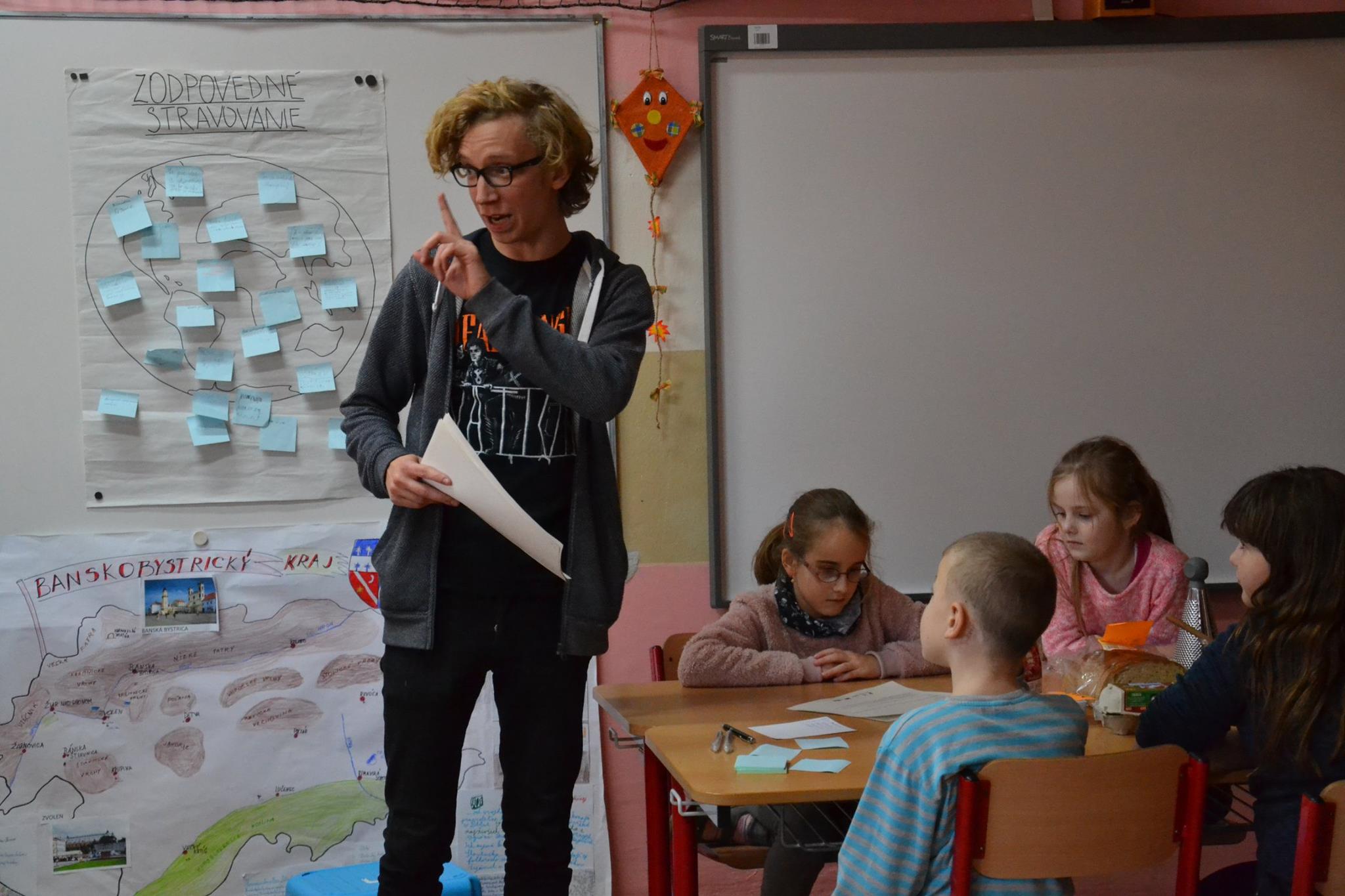

National Operator Interviews: Lee Wray-Davies
Interview with: Lee Wray-Davies
Keep Britain Tidy, England
City where the organisation is based: Wigan
Number of staff in the organisation/working with Eco-Schools: 49/3
What do you prefer?
- Dogs or cats? Dogs
- Sea or mountains? Both
- Chocolate or chips? Chips
- Film or book? Book
- City or countryside? Countryside
- Favourite word or phrase: ‘Love you mum’ from my daughters
- If you could sing one song on a music competition show on television, what would it be?
Landslide by Fleetwood Mac (although for the sake of humanity I probably should not sing!)
- What is the funniest thing that has happened to you recently?
Trying to take a family selfie recently at my sister’s 60th birthday party, when we were all in 1970’s fancy dress. There are a lot of us, it was hilarious trying to fit everyone’s wigs, flares, roller skates and a lightsabre into the picture.
A high point of the programme, hopes and visions
At the start of September 2017 we completely changed the criteria for our Bronze and Silver Awards, and Green Flag application processes to make it more ‘Eco-Coordinator friendly’. Since then we have been breaking records for the numbers of schools newly registering or reengaging with the programme in England! I’m happy to say we are very busy at the moment.
Activities by Keep Britain Tidy
During the academic year we run Green Flag Assessor training for volunteers who visit our Eco-Schools once they have submitted their Green Flag application. This year for the first time we have been delivering our new teacher training course ‘How to become a successful Eco-School’. During the year I also attend numerous sustainable education conferences and workshops for schools or families that have been organised by regional educational offices and local charities. Every March Keep Britain Tidy hold the Great British Spring Clean, last year over 1000 Eco-Schools took part in this, helping their communities run litter picks over one weekend.
An inspiring story by Keep Britain Tidy
My inspiring story is about one particular nine year old boy I met at an Eco-Schools event when I was the guest speaker. I was ‘warned’ by his teacher that he could be quite disruptive so they would sit him near the exit in case he was too loud. At the start of my presentation it was clear he was having trouble remaining focused, however when I mentioned how many students were involved in the Eco-Schools programme globally, he behaved perfectly. Afterwards I asked him if he had enjoyed it, his response was ‘I don’t feel silly any more if I do Eco-Schools work because I know there are 19 million other kids around the world doing the same as me - that’s brilliant!’
For the rest of the day this little boy was fantastic and gave me a pirate paper hat that he had made from recycled newspaper to say thank you for telling him about Eco-Schools. That’s why I believe the International Eco-Schools twinning is so significant.




National Operator Interviews: Sepideh Ostadhassan
Interview with: Sepideh Ostadhassan
World Green Star - Iran
City where the organisation is based: Tehran
Number of staff in the organisation/working with Eco-Schools: 6/4
What do you prefer?
- Dogs or cats? Cats
- Sea or mountains? Mountains
- Chocolate or chips? Both
- Film or book? Book
- City or countryside? Countryside
- Favourite word or phrase: Good thoughts, Good words, Good deeds (Calque of Avestan – Zoroaster- Iranian Prophet)
- If you could sing one song on a music competition show on television, what would it be?
Adele - Rolling in the Deep
- What is the funniest thing that has happened to you recently?
I couldn’t distinguish between a mannequin and the shop assistant in a shop. I thought he was a mannequin. When he walked I screamed, which scared him too. After a few minutes, we both started laughing.
A high point of the programme, hopes and visions
Social activity and improving our environmental vision and mission in cooperation with teachers, students and local communities are the high points of the programme to me. Helping each other to be more responsible to support our environment well and to support our schools to do their best and achieve their goals.
I wish to develop this programme in all schools in Iran.
Activities by World Green Star
Teacher training workshops and seminars, performing monthly professional workshops for Eco-Schools representatives and principals about educational themes that are high risk in our country. Planting trees, working with Eco Committees at schools due to receive the Green Flag award to help manage the ceremony and celebrate this event together successfully.
Mostly we focus on students and teachers to learn about and protect nature.
We held some events for students during the year to increase their environmental awareness.
Some workshops have been held for teachers about new educational methods of learning about the environment and also how to break bad habits which could be risky for the environment and human health. We are going to operate some eco-tours for students and teachers to show them some spectacular scenarios and help them to be green travellers.
We encourage them to use more eco-friendly products. (Using disposable dishes is forbidden in our workshops and seminars)
An inspiring story by World Green Star
One of our key targets is decreasing the use of energy. Some schools found some useful solutions to decrease their use of energy and ran it at their schools. Significantly, some schools have solar panels in their building structure. The students learn how electricity has been produced from sunlight and they are educated practically, and theoretically, on decreasing their use of energy and their CO2 emissions.
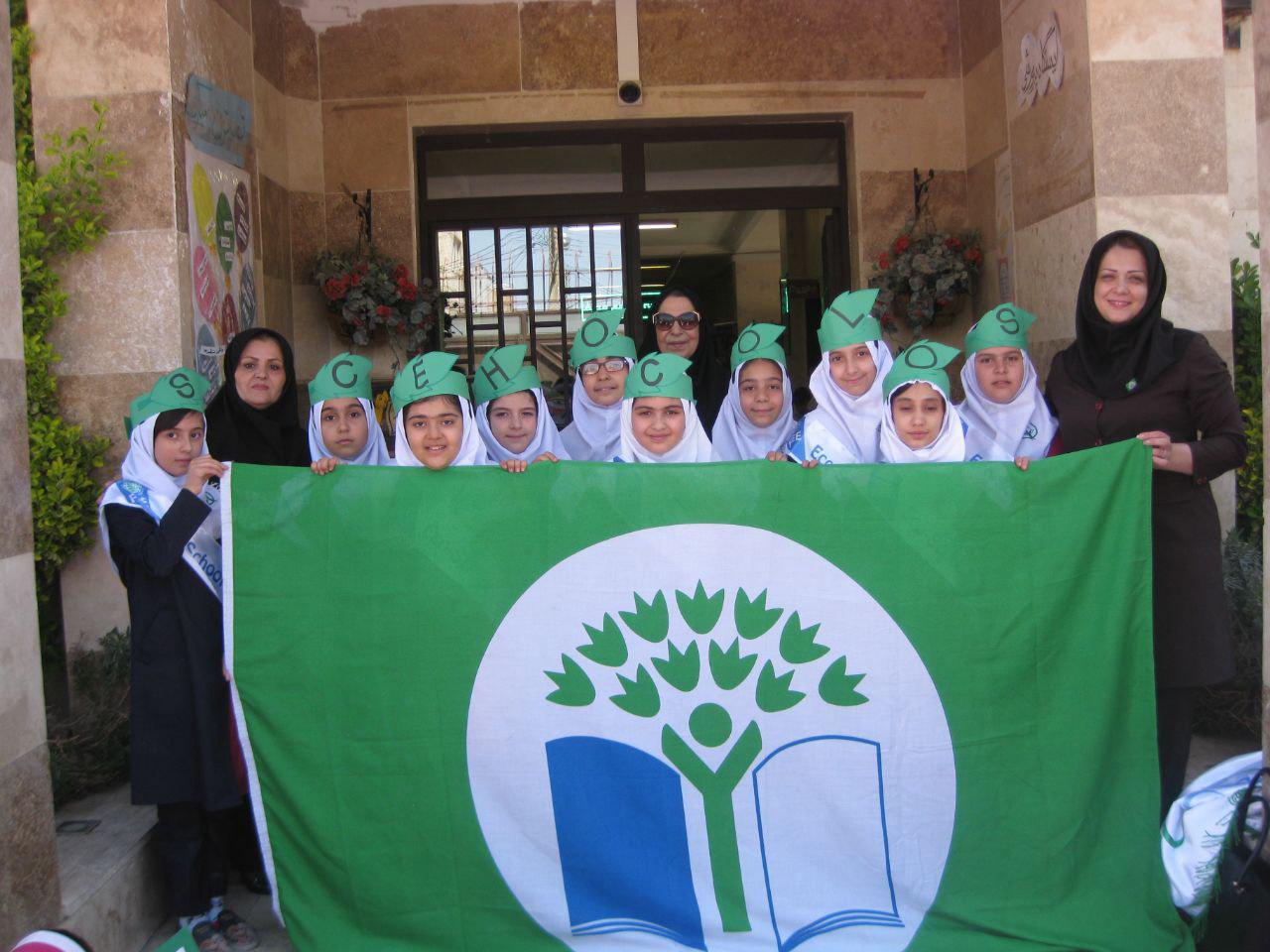

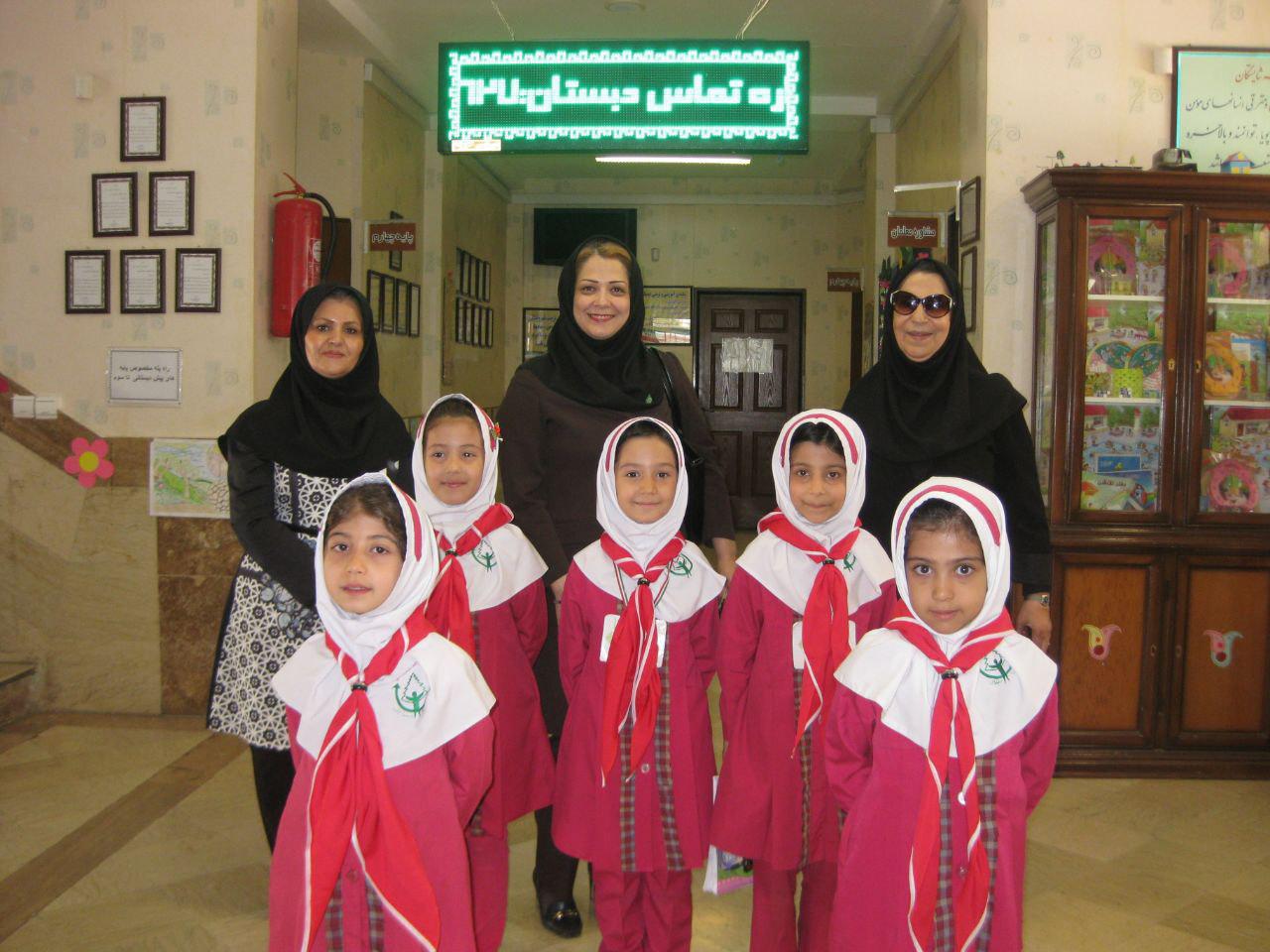
National Operator Interviews: Theodora Polyzoidou
INTERVIEW WITH THEODORA POLYZOIDOU
HELLENIC SOCIETY FOR THE PROTECTION OF NATURE (HSPN) - GREECE
City where the organisation is based: Athens
Number of staff in the organisation/working with Eco-Schools: 12/2
What do you prefer?
- Dogs or cats? Cats
- Sea or mountains? Sea
- Chocolate or chips? Chips
- Film or book? Book
- City or countryside? City
- Favourite word or phrase: 'Actions speak louder than words'
- If you could sing one song on a music competition show on television, what would it be?
Regarding my singing skills I would definitely avoid singing in front of other people but if I had to I would choose ‘The Lion sleeps tonight’ song!
- What is the funniest thing that has happened to you recently?
One summer morning, when I had just woken up, I opened my fridge and took out a glass bottle as I was very thirsty for water...unfortunately the bottle had raki (alcohol) instead of water...So I had a weird wake up.
A high point of the programme, hopes and visions
I love how teachers become inspired by the programme and share their enthusiasm with the children! The sense of being in a community which respects values, and people care about each other cannot be compared! I would be more than happy if the Eco-Schools programme were run in every school at all grades. It is important to be part of the change for a better future.
Activities by HSPN
We plan to develop our network, provide more educational material, organise educational seminars for teachers including the theme of the Sustainable Development Goals, a summer school, a movie with teachers sharing ideas and opinions for the programme, succeed with more partnership projects with the local community, support our schools taking part in the Twinning project and establish Global Action Days.
An inspiring story by HSPN
Primary School of Adamas, on Milos Island have had wonderful ideas implemented.
The most fascinating thing they did was the construction of an outdoor class by reusing wooden pallets and waste in carpentry class. They created musical instruments reusing litter and gave a public concert in the school’s music hall. Moreover, they constructed a wooden lending library, which was put at the waiting room for passengers, at the port of Adamas, Milos, showing that it is part of the Eco-Schools’ programme.
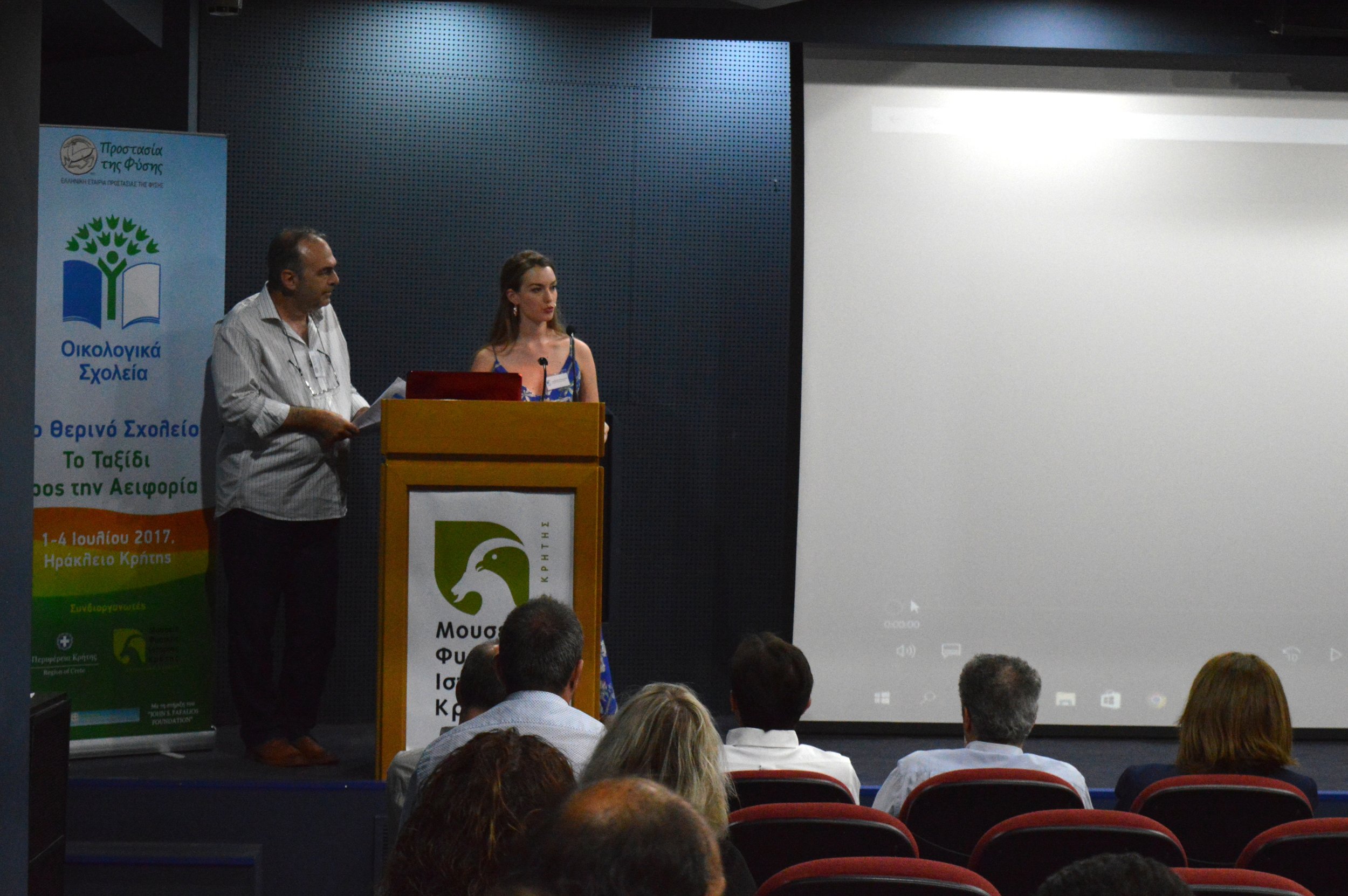



National Operator Interviews: Alliya Moun-ob
INTERVIEW WITH ALLIYA MOUN-OB
WWF THAILAND, THAILAND
City where the organisation is based: Bangkok
Number of staff in the organisation/working with Eco-Schools: 50/2
What do you prefer?
- Dogs or cats? Cats
- Sea or mountains? Mountains
- Chocolate or chips? Chocolate
- Film or book? Both
- City or countryside? City
- Favourite word or phrase: ‘We are part of this planet’
- If you could sing one song on a music competition show on television, what would it be?
‘How far I’ll go’ by Moana
- What is the funniest thing that has happened to you recently?
I taught WWF staff to play a board game called ‘TAKENOKO’. It was their first time to play any other board game that was not Monopoly. The next day, everyone who played the game walked to my desk and asked ‘Will we play it again?’
A high point of the programme, hopes and visions
We have received a warm welcome from every school that we visited. There are a lot of positive people working on this programme because we aim for the same thing ‘Encourage students to have the best environment for learning and living’. In future, we wish to integrate the Eco-Schools programme with other environmental programmes from both the private sector and government sector.
Activities by WWF Thailand
We trained an Eco Committee at each school to guarantee that they all understand our process. We also trained other students about waste separation and why it is important for everyone to help reduce litter. We used games for the training. Then, we visited schools with our Eco Committee to give information and advise about the programme. The award day was set for 24th May, 2017. Because of our partnership with IKEA, we held a ceremony for students to celebrate their achievements and visited Bangkok Waste Incinerator.
An inspiring story by WWF Thailand
Most Thai schools are running an environmental project organised by teachers but the Kunnatee Rutharam Wittayakhom School is different. A school principle and teachers are encouraging their students to be at the cutting edge. At every school board meeting, parent association meeting, or local authority meeting, they give an opportunity for the students to present information about their Eco-Schools programme. The students also invited a community leader to be a member of their Eco Committee and implement a joint project to reduce the waste problem both in the school and the community.
Game ideas!
- Sea Turtle Food
Aim of game: to make students understand why plastic bag reduction is important.
The rule is simple. Divide students into two groups; turtles and turtle food.
Give a card to each student in the food group. There are two types of cards; plastic bags and jellyfish. The students holding the food cards must not let the turtles know what they are.
Then, ask turtles to mix with the food. Indicate the number of food cards that the turtles need to find. If the turtle has more plastic bag cards than jellyfish cards, it dies.
Separate the dead turtles out. Put the people with the food cards back in the game, reshuffle the cards and redistribute.
Play the game until there are 1-2 groups remaining.
For the game conclusion, we show the students a picture of a plastic bag and jellyfish in the ocean, and ask them if it looks similar or different. Then we ask them how the plastic bags end up in the sea.
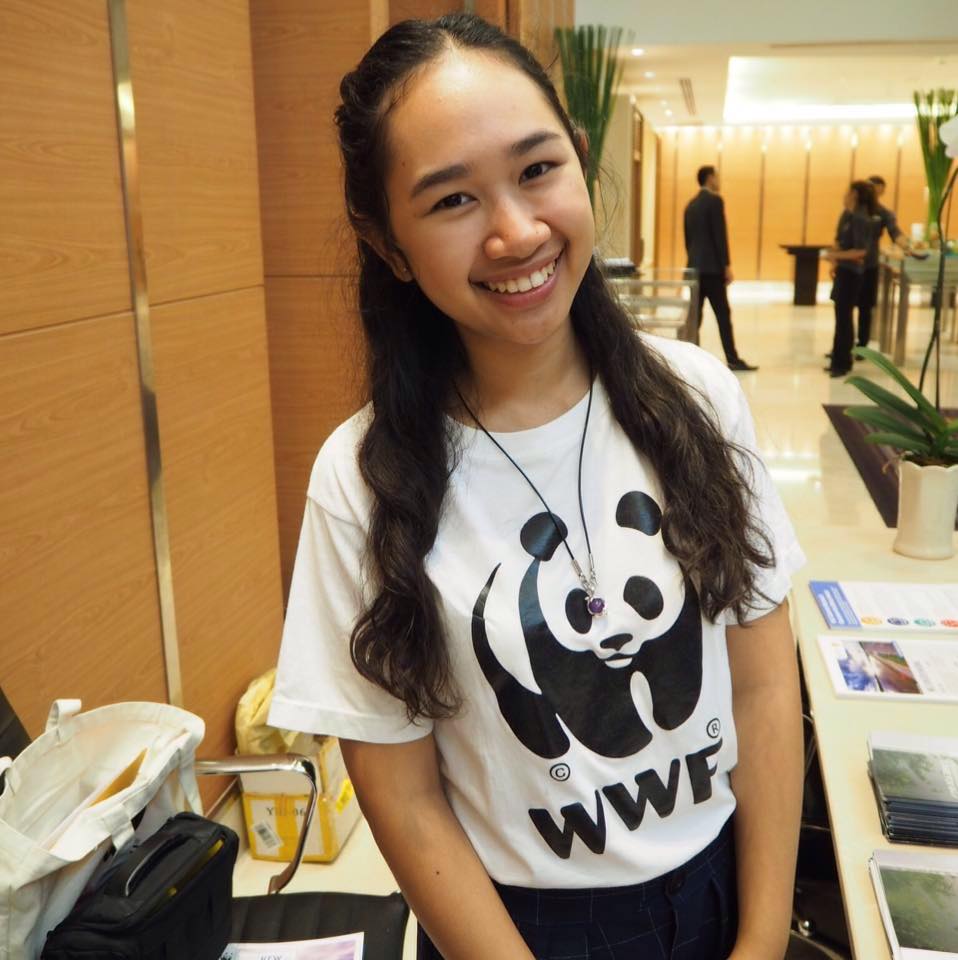
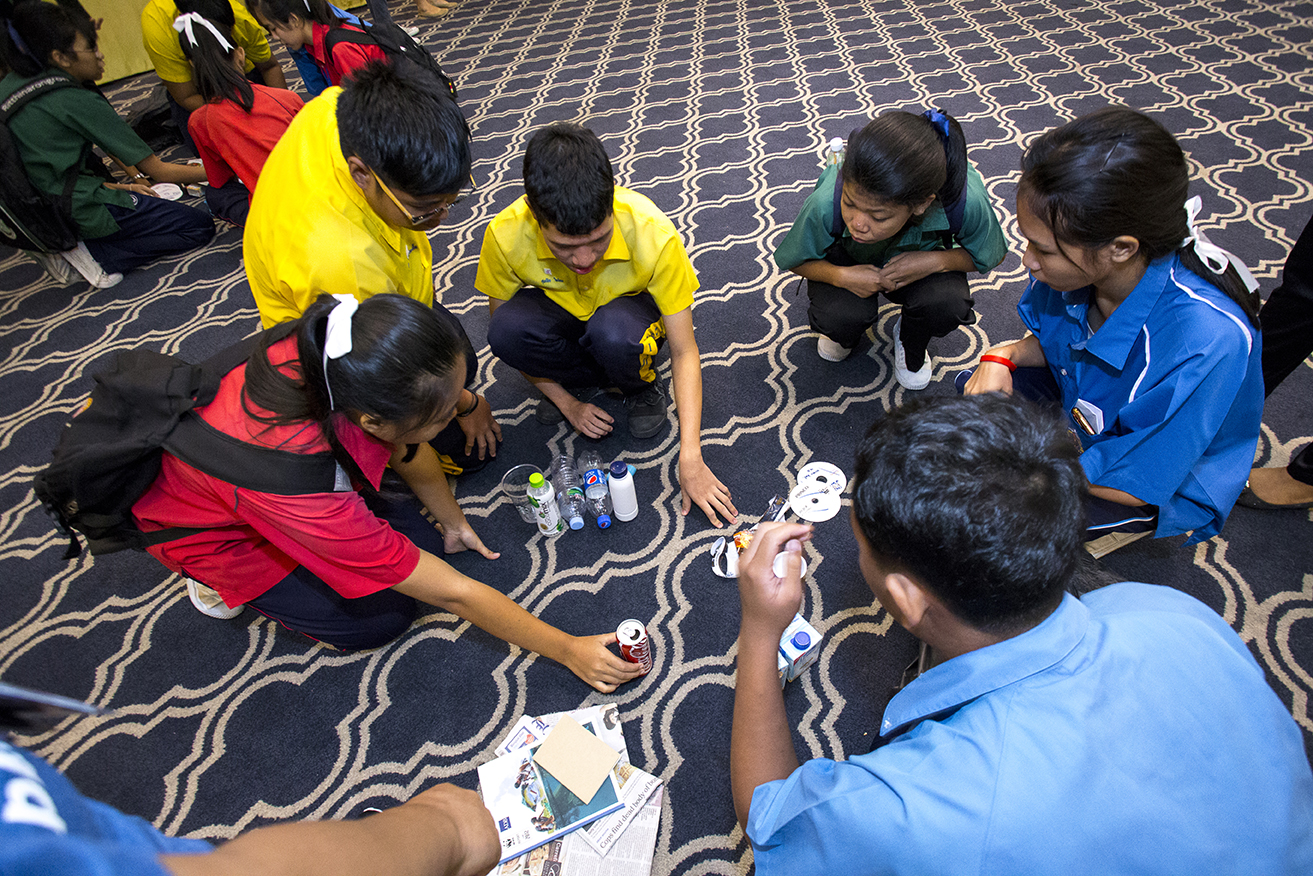
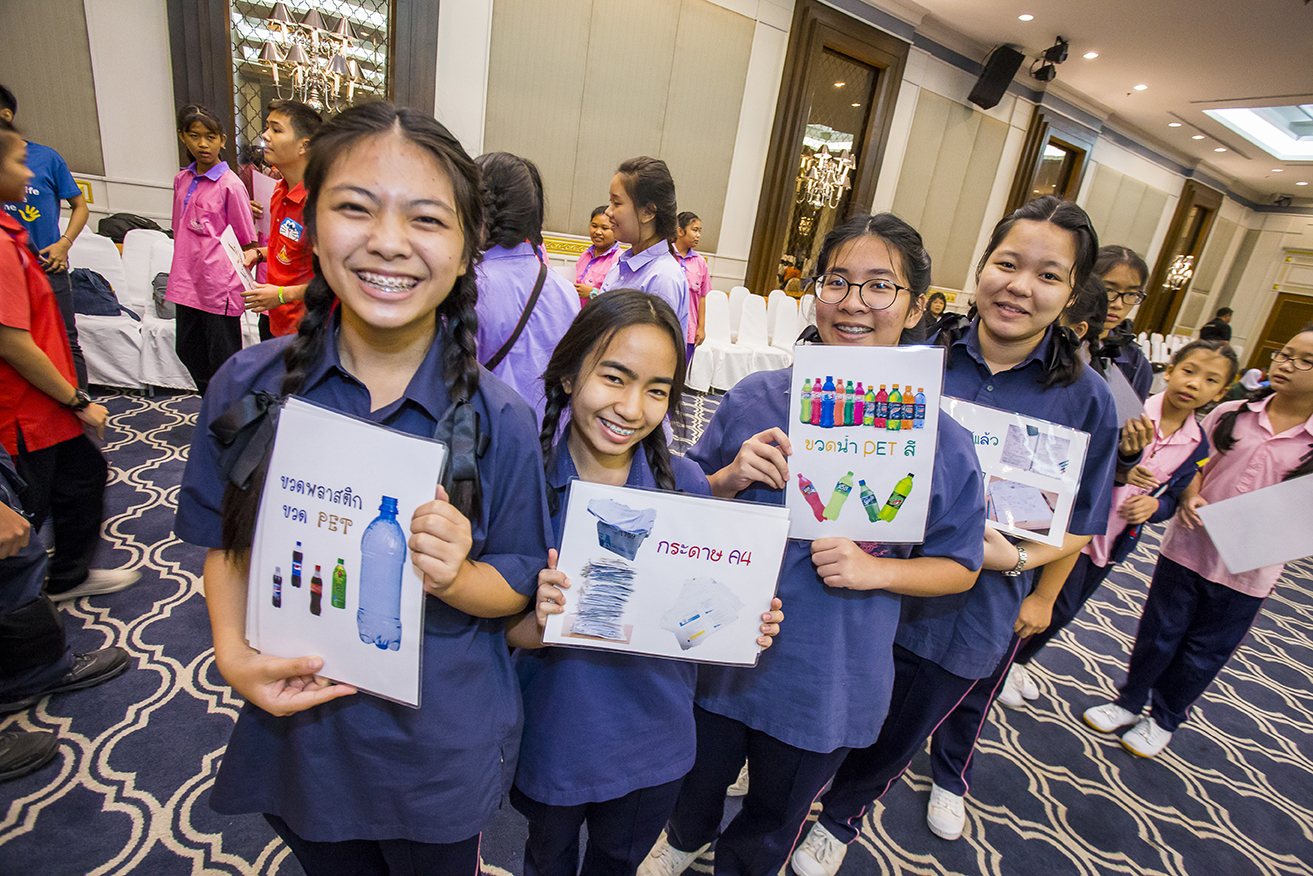
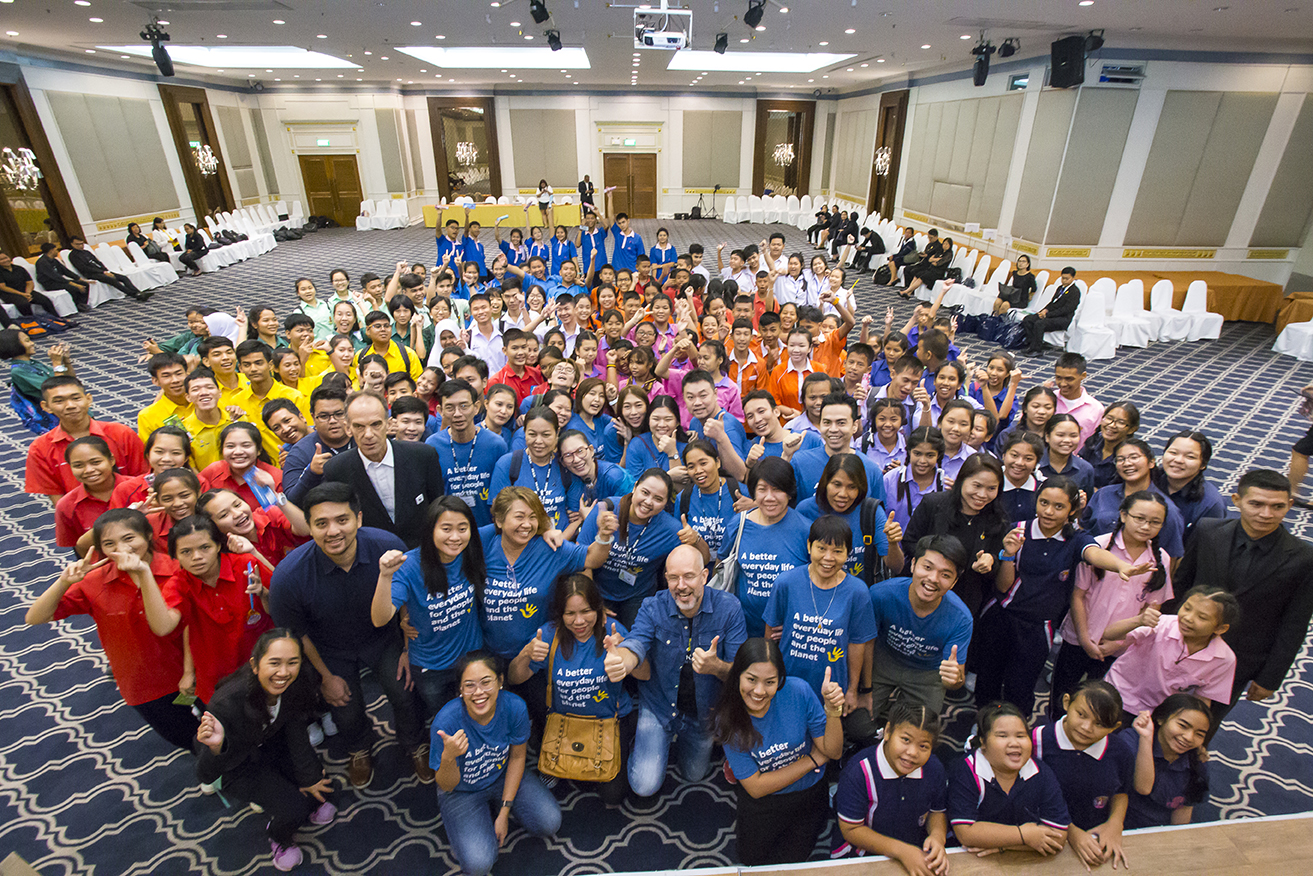
National Operator Interviews: Moaz Sawaf
INTERVIEW WITH MOAZ SAWAF
Environmental Center for Arab Towns (ECAT), UAE
City where the organisation is based: Dubai
Number of staff in the organisation/working with Eco-Schools: 7/2
What do you prefer?
- Dogs or cats? Dogs
- Sea or mountains? Mountains
- Chocolate or chips? Chips
- Film or book? Film
- City or countryside? Countryside
- Favourite word or phrase: Do not say it's impossible before giving it a try.
- If you could sing one song on a music competition show on television, what would it be?
I did it my way
- What is the funniest thing that has happened to you recently?
In my spare time, I conduct basic survival courses in our mountains and deserts. I was with a group of five people explaining to them how to overcome natural obstacles and choosing the safest path, and we were on a very narrow ledge 20 meters high with a water pool beneath. As I was explaining to them how to cross safely, I fell down into the pool!!!!!!!!!!!!!!!!!!!!
A high point of the programme, hopes and visions
Raising awareness, especially among school students has been my passion for years, and being involved in the Eco-Schools programme was a great way to boost this. For me to see keen Eco-Schools coordinators and young students bursting with energy and wanting to save our planet makes me so happy and bring tears of joy to my eyes. I would honestly say that schools who registered in the programme and are active, they exceed the programme criteria by far. My hopes, dreams and vision is to see more schools taking part in this great programme, and ensure those young students continue the great work in their university life and career.
Activities by ECAT
I do a lot of various activities for the schools. I make a point of giving a lecture, talk or a workshop to one school per week. The topics are basically on conserving the wildlife in the UAE, reducing our water and energy consumption and sustainable living.
I also arrange field trips. This year I did field trips to a wetland protected area on the occasion of the International Wetland Day. We explained to the students why wetlands are important and what benefits and services we get from them.
On the occasion of the World Tree Day, I managed to get from the government 100 small native trees and we planted them in various schools.
We also conduct workshops every year for the new schools and coordinators on how to implement the programme at their school.
An inspiring story by ECAT
It’s difficult to decide because most of the schools are doing outstanding work. Sorry for being greedy but I will talk about two cases.
The first one. The UAE is a hot arid desert with scarce freshwater resources and this means it’s not an agricultural country. One school managed to utilise all the available spaces they have to grow vegetables during the cooler months (Sept-Mar). They used the water from the Air-condition devices to water the plants, also they used the water from the wash sinks in the bathrooms. They also built two hydroponic systems. The project was a big success. The vegetables were given to poor people.
The second one. A group of students from grade 10 and 11 conducted their own research on the air quality for the classrooms with indoor plants and without plants. The way the research was conducted, the report and results were very well done.






National Operator Interviews: Sirje Aher
INTERVIEW WITH SIRJE AHER
Eesti Looduskaitse Selts, Estonia
City where the organisation is based: Talinn
Number of staff in the organisation/working with Eco-Schools: 7/1
What do you prefer?
- Dogs or cats? Cats
- Sea or mountains? Neither, I prefer forest
- Chocolate or chips? Chocolate
- Film or book? Film
- City or countryside? Countryside
- Favourite word or phrase: If nothing bad has happened yet, there’s no reason to worry. If something bad has happened, there’s no sense worrying about it anymore.
- If you could sing one song in a music competition show on television, what would it be?
I Got The Sun In The Morning - Doris Day
- What is the funniest thing that has happened to you recently?
I recently had a funny lesson in perspectives. My husband and I are biologists. I had an argument with him about whether the object we found in the flowerbed was a half-eaten mouse or the wing of a bird. It turned out we were both right as the skin and wing had been glued together by an owl such that only one was visible from either side.
A high point of the programme, hopes and visions
I believe that the best way to make our society more sustainable is to reach out to children. It was great to see the number of kids reacting positively to the wonderfully creative ways teachers raise their environmental awareness. Most institutions were independent and continued to surprise us when they showcased the activities they had invented. It’s heart-warming to see the sincere enthusiasm with which everybody involved approaches the programme, and I hope that it continues to expand and to involve more people across all age groups. I also hope international cooperation continues to be as fruitful as when Belgium and the UK offered their support (especially via sharing initiatives and materials). I am glad that the parents have also become involved and have more environmental awareness.
Activities by Eesti Looduskaitse Selts
Our activities stem from our desire to support the independent actions of educational institutions that intend to reach our agreed goal, rather than imposing our own ideas. We mostly aim to provide new opportunities and help when it’s needed. This generally takes the form of consultations. When a kindergarten or school approaches us with an idea or a request, we organise a meeting to help overcome the difficulties or provide needed know-how to reach their self-determined goal. We also proactively approach participants ourselves to make sure that no issues have arisen that would hamper the implementation of their ideas. Naturally, many of the raised questions are relevant for several institutions which leads into many forms of experience sharing among participants. Around once a month we also organise various seminars. Some of them are purely informative, such as inviting a lecturer from Tallinn Technical University to speak about the latest developments in the understanding of the environment of the Baltic Sea. Other seminars focus on teaching new methods and some seminars provide a forum for participants to share their experiences with one another. Each of the seminars has been very popular among the participants.
In the spring time Estonia has had “Let’s Do It” clean-ups where schools have actively participated. The Let’s Do It movement has had great success in organising clean-up events in Estonia and has by now also found worldwide success. On September 15, 2018, World Cleanup Day, the movement intends that people in 150 countries will stand up against the global trash problem and clean up waste, making it the biggest positive civic action the world has seen. You can read more about it https://www.letsdoitworld.org/about/overview/
An inspiring story by Eesti Looduskaitse Selts
I never cease to be amazed by the insight and creativity of our participants. For example the following idea is a very simple solution but can have a very high impact. Estonian kindergartens and schools provide hot meals to all their pupils in the belief that a balanced and healthy meal will allow pupils to learn and develop to the best of their ability. Because the children are used to this and they can be picky, a lot of it is left on the plate and goes to waste. They do not think about it and if this habit persists then they may also end up throwing away a lot of food once they have grown up.
Tuule kindergarten found a very simple solution to counteract this: they asked all 5-7year old children to serve their own meals – reminding them to take exactly as much as they wish to eat. They can always take more, but they have to eat the food they have put on their plates. Through this hands-on experience, children immediately relate to the seemingly complex issue of food and resource management. Furthermore, the solution empowers children and helps them develop as individuals. Some schools already use a buffet type serving method, but it's important to teach children about the environmental impact of their actions at the youngest possible age.

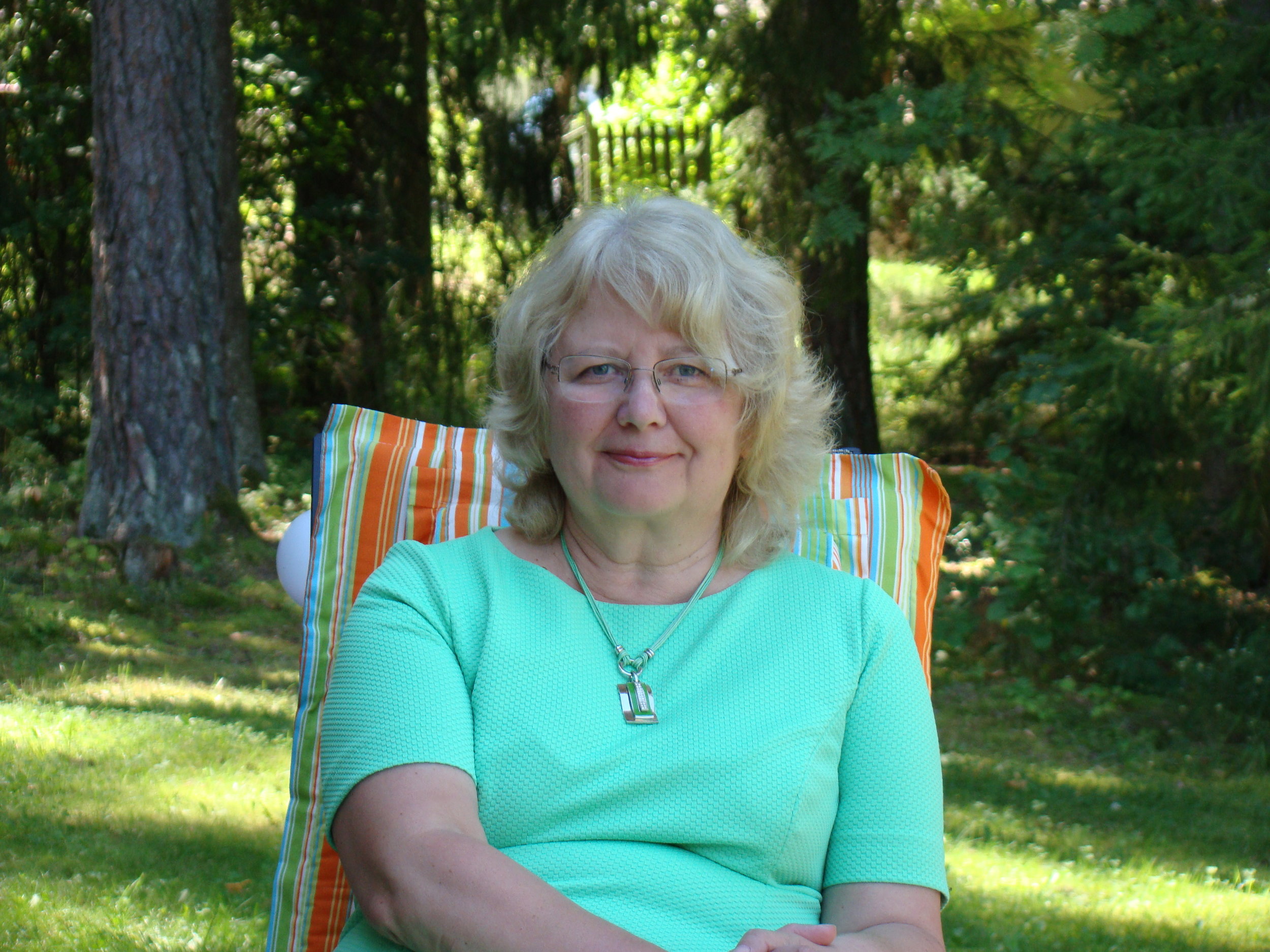
National Operator Interviews: Sally Buqa'een
INTERVIEW WITH Sally Buqa'een
The Royal Marine Conservation Society of Jordan (JREDS), Jordan
City where the organisation is based: Amman
Number of staff in the organisation/working with Eco-Schools: 8/2
What do you prefer?
- Dogs or cats? Cats
- Sea or mountains? Sea
- Chocolate or chips? Chocolate
- Film or book? Film
- City or countryside? Countryside
- Favourite word or phrase: LOVE
- If you could sing one song in a music competition show on television, what would it be?
"You raise me up" Josh Groban
- What is the funniest thing that has happened to you recently?
Messy moments - when you are working on a computer and a laptop and working on two tasks at the same time! I was preparing a proposal on one and was replying to emails on the other. Suddenly the computer keyboard stopped. I tried to fix it, put the USB wire in and out but I kept failing. I called my colleague to help with the problem and she simply asked me to look where I am typing!
A high point of the programme, hopes and visions
The programme inspired some schools to establish a project at a local level that later became a success story, and was published in the media. It also helped a lot in better communications between the students, the local community, school levels and the Ministry of Education. I hope someday the programme is adopted as part of the national education strategy and policies, as there is a need to spread environment ethics and best practices among future generations to sustain the effort already being made to save the planet.
Activities by the Royal Marine Conservation Society (JREDS)
The main activities are:
- Teacher training and meetings
- School Committee training
- Creation and facilitation of the network between schools
- Advising schools on how to run and develop activities and connect them with other relevant organisations if necessary
An inspiring story by the Royal Marine Conservation Society (JREDS)
- Kings' Academy Annual Green Conference
The King’s Academy Annual Green Conference is a great opportunity to gather more than 200 students from private and public schools across Jordan. During a one-day event in March 2017, they exchanged experiences in the field of environment and best practices to reduce human impact on limited natural resources.
Last year, different schools participated in the conference, under the theme Agents of Change. Offsetting carbon dioxide emissions and minimising littering were the main topics raised and discussed in groups, highlighting the achievements and future plans to sustain the action and disseminate it at the local level. At the end of the day, all participating students were asked to join the conference to display the achievements gained and share the experience.
The conference is considered a key element to enrich networking between schools by meeting up and covers different environmental themes.
- Local Waste Separation point
Queen Rania Al-Abdulla School is one of the first public schools that received the Eco-Schools Green Flag in 2009. With its principal and enthusiastic committee leading the school succeeded in 2015 in establishing the first local waste separation point on the school grounds. The idea was spread through publications and media to raise awareness among the students' parents and neighbouring community. Moreover, the idea was enhanced by meeting with cleaning labour in the area in order to introduce the project and encourage them to spread the word and participate in the separation process.
- Prince Hamzeh bin Al-Hussein School
Prince Hamzeh bin Al-Hussein School joined the Eco-Schools programme in 2011/2012, aiming at improving the school environment and involving students in environmental protection activities. The school has put enormous efforts into spreading the knowledge among students, teachers and the local community as a first step towards greening the school.
In 2014, the school succeeded in receiving a fund from the Ford Company to replace all florescent bulbs with LED. This achievement was followed by intensive lectures and awareness raising campaigns conducted by the Environmental Committee to inform all about the importance of the school’s commitment to the Eco-Schools goals and plans.
National Operator Interviews: Davida Morris
INTERVIEW WITH DAVIDA MORRIS
Greenrock, Bermuda
- City where the organisation is based: Hamilton
- Number of staff in the organisation/working with Eco-Schools: 2/1
What do you prefer?
- Dogs or cats? Cats
- Sea or mountains? I live on an island – Sea!
- Chocolate or chips? Chips
- Film or book? Both
- City or countryside? City girl but both have their merits
- Favourite word or phrase:
'Awesome!', 'Fabulous!' Or some other one word phrase that shows pleasure.
- If you could sing one song in a music competition show on television, what would it be?
Grenade by Bruno Mars
- What is the funniest thing that has happened to you recently?
I was hosting a meeting at work for YRE and I was greeting the people who were coming in at the entry. (Our office is on the second floor.) I hadn’t met everyone who was coming to the meeting in person before, we had only interacted through email. So I’m standing by the door waiting and this older gentleman comes in and speaks to me. I said “Good afternoon, Mr Zuill?” and he responds with a good afternoon of his own. We chat about the weather (it was coming down in buckets) and then as we start to walk towards the elevator I say that we are still waiting for Jeremy but I will take him upstairs anyway. To which he responds that there wasn’t to be anyone else at the meeting. I ask if he was here for the Greenrock meeting, he says no, he’s heading to the Centre of Philanthropy which is on the ground floor. I say you’re not Mr Zuill. He says no and gives his name. I explained that I had greeted him as Zuill but he says that he heard me wrong.
Funny thing is I had met the same gentleman before about 8-9 years previously. I think we both forgot about each other. Oops!
A high point of the programme, hopes and visions
I’m new to the position, having only started September 1, 2016 so every target reached is a high point for me.
I love the Eco-Schools programme; its flexibility makes it accessible to so many students. I was approached by a school on an island to help teach a science course using Eco-Schools as a foundation. The students in this course were not performing at the same level as their peers due to learning disorders such as dyslexia. By having the students create a school garden they are able to be more hands-on while learning about plants, farming, water systems and food production in general.
I am really excited about this course because I feel it could open up possibilities for a lot more students. I’ve already had feedback from teachers saying that some students in this present group are completely different now in the classroom because they have had this opportunity. It is very encouraging and I’m hoping to grow it.
Activities by Greenrock
Since I’m still new there’s a lot I haven’t done as yet and there are a lot of things I’d like to do in the future which is exciting and fun. For Earth week I am planning an Eco-Schools Expo in the city of Hamilton. This is an opportunity for all Eco-Schools to showcase what they have been learning not only with other Eco-Schools but with the local community as well. It fulfils step 6 for everyone but it will be such a cool event for the students and the public as well.
An inspiring story by Greenrock
I would say that one of my happiest moments came when one of our Eco-Schools agreed to start a garden at a day facility for adults with learning disabilities. The students dug right into the garden building and even agreed to return to the facility in the near future because they enjoyed the process so much. I was really proud to be a part of such a worthwhile initiative and to be a part of connecting students to a group of people that they might not ordinarily be in contact with.
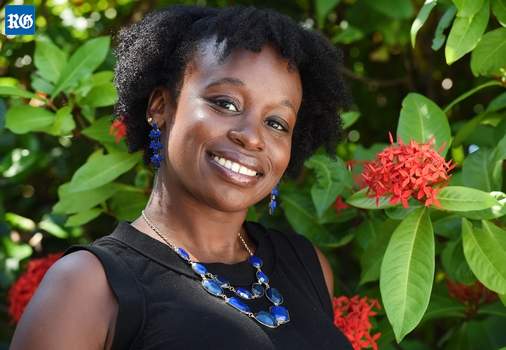

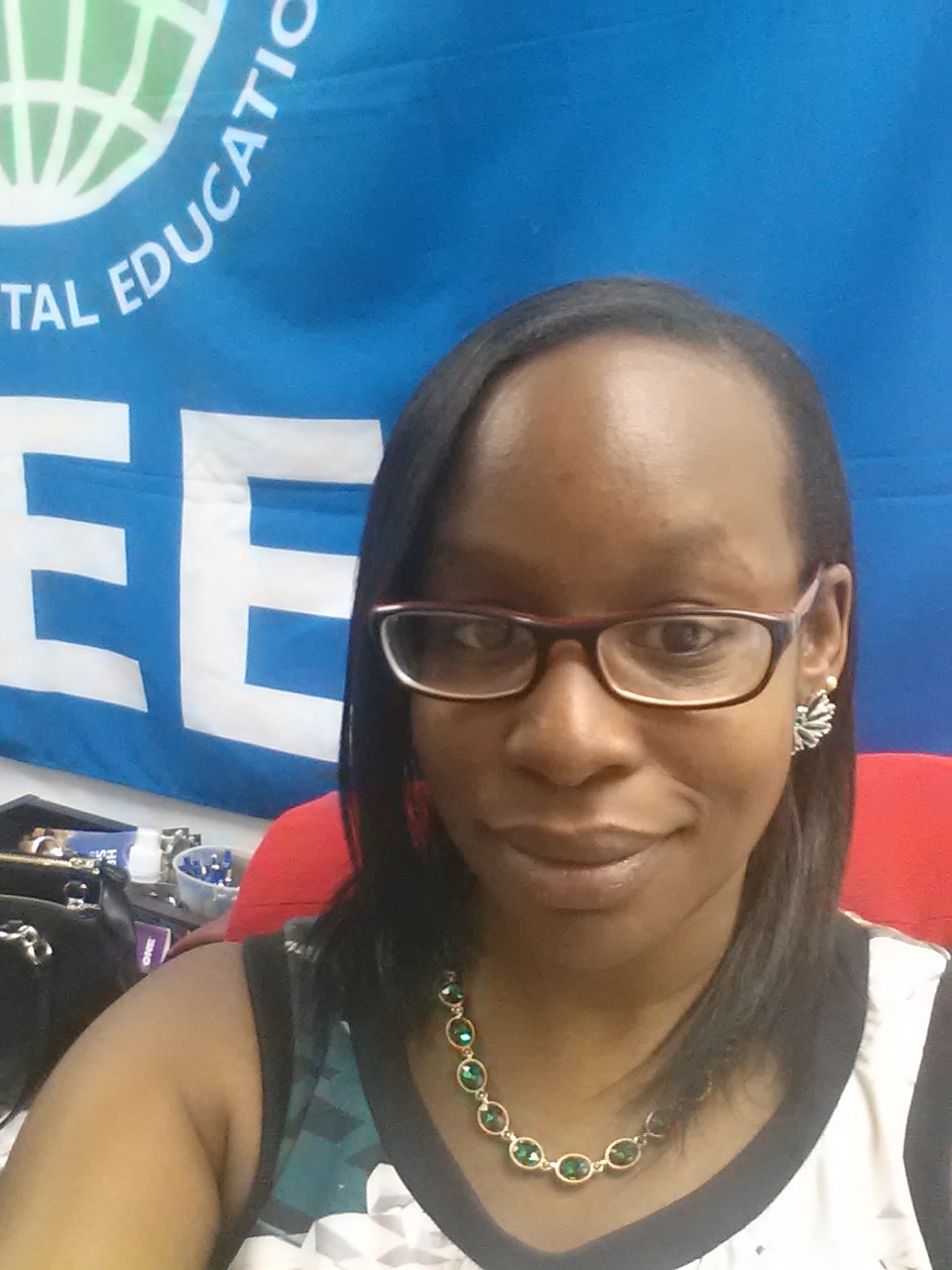
National Operator Interviews: Gregor Cerar
INTERVIEW WITH GREGOR CERAR
Društvo DOVES-FEE Slovenia, Slovenia
- City where the organisation is based: Portoroz
- Number of staff in the organisation/working with Eco-Schools: 12/3
What do you prefer?
- Dogs or cats? Dogs
- Sea or mountains? Sea
- Chocolate or chips? Fairtrade Chocolate
- Film or book? Film
- City or countryside? Countryside
- Favourite word or phrase:
'Yesterday is not ours to recover, but tomorrow is ours to win or lose - Per aspera ad astra'
- If you could sing one song in a music competition show on television, what would it be?
Queen: We are the Champions
- What is the funniest thing that has happened to you recently?
No real funny thing happened to me recently. My life is so serious … :)
A high point of the programme, hopes and visions
Some high points:
- A great team of people that might differ in character, in the way they work, and in their personal lives, but all of them are focused and dedicated to helping the Eco-Schools programme grow
- 20 years of introducing and implementing the Eco-Schools programme in Slovenia, which we celebrated last year
- The active participation of 280 Eco-Schools with more than 80,000 children and students and over 8,000 teachers taking part in more than 4,000 environmental projects
- The network of sponsors, which has been supporting the Eco-Schools programme for several years in a row
- Facing the on-going challenge to develop Eco-Schools on a different level, to connect institutions from all educational levels (kindergartens, primary and secondary schools, faculties), to create interesting environmental projects with different themes and teams, to run interdisciplinary projects, to encourage schools for international cooperation, etc.
Vision: That teachers and pupils are proud to be awarded the Green Flag. Eco-Schools is a leading, globally recognised and well-established programme for environmental education and awareness in Slovenia. The Eco-Schools Green Flag is an added value and visibility/recognition among stakeholders.
Activities by Društvo DOVES-FEE Slovenia
In Slovenia, we organise two major events for Eco-Schools coordinators each year: the Annual Conference for National Eco-Schools Coordinators for Kindergartens (usually in May), and the Annual National Conference for Eco-Schools Coordinators (usually at end of September). In previous years, the President of the Republic of Slovenia, the Prime Minister, the Minister of Education, the Minister of Agriculture and other government officials, have attended the conferences.
The activities of the Eco-Schools programme are showcased at the Altermed Fair, the biggest fair in Slovenia on Healthy Living. Over 80 Eco-Schools present their projects, products and other activities.
We also organise regional meetings for coordinators and several teachers’ training/workshops with the purpose of strengthening their knowledge on specific environmental topics, or to motivate them to implement the principles of the Eco-Schools programme in their everyday work. We prepare and publish various materials for teachers, as well as for children.
With the valuable support of sponsors and other experts, we plan and implement national projects, such as online Eco-Quizzes for primary schools and secondary schools, waste material art contests, etc. We encourage separate waste collection in Eco-Schools, sustainable mobility, biodiversity, efficient use of energy, cleaning activities, waste material collection for charity purposes, planting trees, etc. We are proud that actually, each participating school works on three common projects and, above all, that individual work on environmental issues are recognised as the most important in their communities.
In the last two years, we have organised many events to share best practices and published an annual booklet with selected case studies. Sharing best practices is very well accepted among teachers.
An inspiring story by Društvo DOVES-FEE Slovenia
Zadobrova Primary School (located in the suburbs of Ljubljana, the capital) is one of the most active Eco-Schools in Slovenia. They implement more than 60 different environmental projects yearly. We were proud and happy that the school won the international Toyota Environment and Innovation project in 2014.
Currently, they are very active in the We Eat Responsibly project, supported and co-financed by the EU, run in 9 Eco-Schools countries from 2015-2017. Under this project, the pupils investigate the meat production and check the offers for fruit and vegetables from local farms. Pupils engage with the farmers during their farm work, help them pick and sort potatoes and apples, learn how to grow vegetables and fruit, take care of domestic animals and prepare traditional dishes from homegrown vegetables.
In terms of practical knowledge and experiences gained from their direct cooperation with farmers, students started to grow seedlings for the school garden in their classrooms. They made their own Diary of Waste Food, in which they presented measurements of amount of food waste at school and at home. They presented analyses, photos and thoughts on food waste all year round in their Eco-corner in the school hall.
The school organised an Eco-day: 2016 focused on the problems of soya production as food for livestock and palm oil presence in our food. The problems were presented through photos and posters. The pupils made vegan snacks, vegetable desserts, canapes, and decorations. All their creations were offered to the visitors of Eco-day. The event also had a charitable purpose; the pupils collected donations that were sent to the children in Madagascar. The pupils shared their experiences and knowledge with the citizens of Ljubljana and participated at the event that was part of the project called Ljubljana - Green Capital 2016.



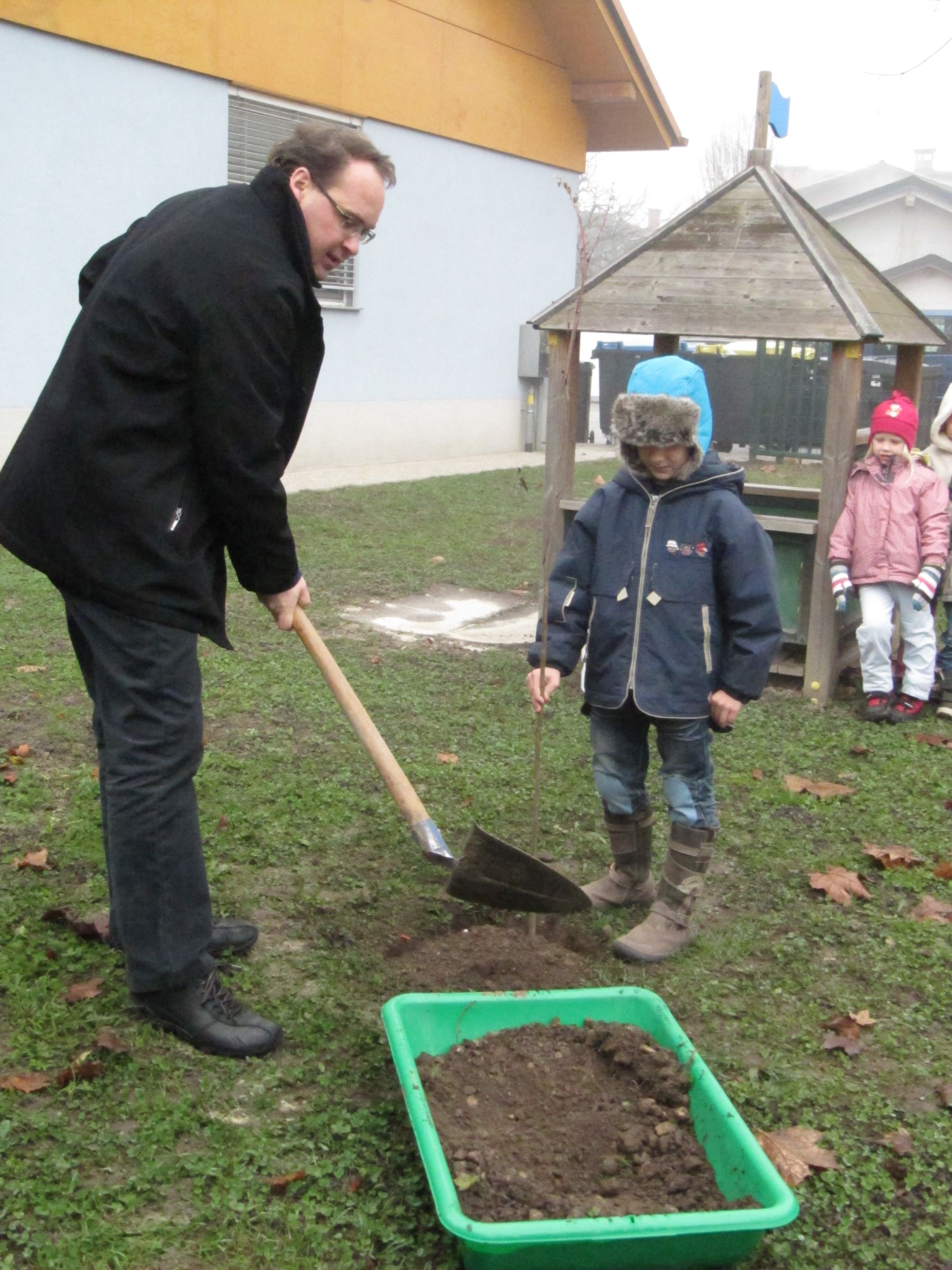

National Operator Interviews: Ruth Van Ry
INTERVIEW WITH RUTH VAN RY
Keep Northern Ireland Beautiful, Northern Ireland
- City where the organisation is based: Belfast
- Number of staff in the organisation/working with Eco-Schools: 12/2
What do you prefer?
- Dogs or cats? Dogs
- Sea or mountains? Mountains
- Chocolate or chips? Chocolate
- Film or book? Book
- City or countryside? Countryside
- Favourite word or phrase: ‘It’ll be great!!’
- If you could sing one song in a music competition show on television, what would it be?
Queen “Don’t stop me now”
- What is the funniest thing that has happened to you recently?
My dog is still quite young. We rescued her in September and it’s been great to watch her confidence grow. She makes me laugh everyday with her crazy antics.
A high point of the programme, hopes and visions
Meeting so many inspiring teachers, young people and environmental enthusiasts makes every day a high point. We held a great 20th Anniversary Event in 2015 and the NOM in the same year! A bit crazy but very rewarding. I look forward to watching the programme help schools and influence young people to create a brighter, greener future for all. I would love to see every school in Northern Ireland with a Green Flag!
Activities by Keep Northern Ireland Beautiful
We run cluster group meetings, projects and competitions throughout the year as well as developing new teaching resources. In the last few years we have been lucky to receive funding to host a few big events. This year we have funding to provide a Teacher Eco Leadership course with Queen’s University Belfast and a Teacher’s Conference which we are really looking forward to in March.
An inspiring story by Keep Northern Ireland Beautiful
It is so difficult to choose only one case story so I will cheekily mention two schools.
Fairview Primary worked on a Rethink Waste project with us in 2013 and now send none of their waste to landfill after carefully reviewing their recycling options. They audit their waste every year and are trying to reduce and recycle as much as possible in all areas.
Ballycraigy Primary have blazed a trail in outdoor learning and raised huge amounts of money over the last four to five years to develop their school grounds into a wonderful space for growing food, keeping hens, exploring wildlife woodlands, keeping fit and inviting wildlife to take up residence. They have in the process transformed the way the school is viewed and used by the community who now regularly help in the garden and classroom. The school has become a real community hub.
These two schools have won many awards and accolades over the years including becoming Ambassador Eco-Schools. I was delighted to discover this year that the two Eco-Coordinators from each school are now working together, with the support of the Primary Science Teaching Trust, to develop a resource specifically looking at how the Eco-Schools programme supports primary science and vice-versa. Teachers and schools like these two truly inspire me to deliver and develop the Eco-Schools programme in the best way possible to facilitate similar successes for other schools.



